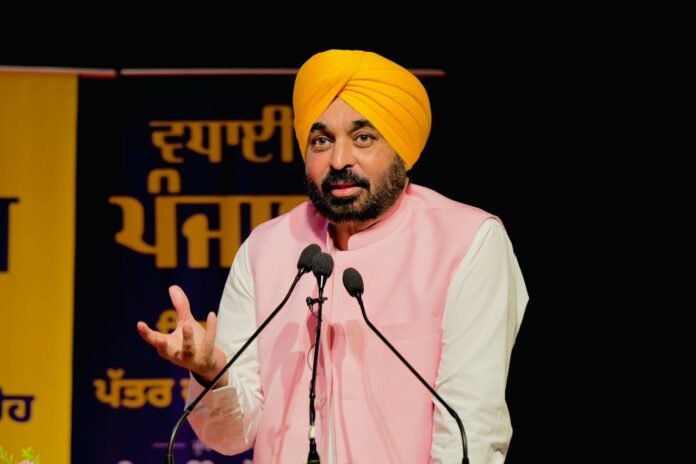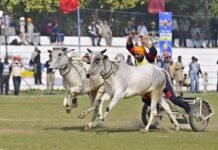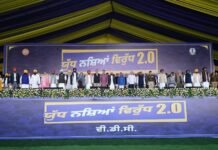In a significant milestone for the Indian education system, Punjab has been declared the top-performing state in the National Achievement Survey (NAS) 2024, marking a moment of pride and reflection for educators, policymakers, and parents across the region. The announcement was made by Punjab’s School Education Minister Harjot Singh Bains, who hailed the achievement as the result of years of dedicated reform and grassroots-level policy implementation. The results place Punjab above all other Indian states in learning outcomes for students in Classes 3, 6, and 9, covering key competencies in mathematics, language, and environmental science.
The NAS, conducted by the Ministry of Education under the aegis of the Government of India, serves as a diagnostic tool for understanding the state of education nationwide. It evaluates learning outcomes across various grades and subjects, providing a crucial benchmark for both government and private educational institutions. The 2024 survey assessed over 40 lakh students from more than 1.2 lakh schools in all states and union territories. Punjab’s stellar performance comes as a result of sustained investments in teacher training, curriculum redesign, smart classroom infrastructure, and active parent-teacher engagement.
Education Minister Harjot Singh Bains attributed the success to the “collective spirit of accountability and innovation that Punjab’s school ecosystem has embraced.” Addressing the media from Chandigarh, he emphasized that Punjab’s teachers were “not just delivering lessons but building futures.” He further pointed to the increasing use of technology in classrooms, structured performance monitoring systems, and the inclusion of life skills and value-based learning as core changes that have elevated Punjab’s learning outcomes.
One of the key innovations that helped the state rise to the top of NAS rankings is the ‘Mission Shat Pratishat’ initiative launched in recent years. This campaign aimed at achieving 100% student proficiency across various performance metrics, especially in government-run and rural schools, where dropout rates and learning gaps were historically high. The campaign’s impact has been measurable. Schools once considered underperforming have reported pass percentages exceeding 90%, with improved retention rates and parent satisfaction surveys reflecting a greater trust in the public education system.
Another major contributor to Punjab’s success has been the empowerment of educators at the grassroots level. By reducing administrative burdens and allowing teachers to focus more on student development, the state created an environment where innovation could flourish. Professional development workshops, digital resource platforms, and continuous assessment mechanisms allowed schools to be more responsive to students’ needs, especially post-pandemic when online learning had caused severe disruptions in foundational education.
The NAS 2024 data also indicates that girls in Punjab have outperformed boys in most grades and subjects, reflecting the positive social impact of various gender-inclusive schemes like ‘Beti Bachao Beti Padhao’ and free sanitary pad distribution in government schools. Rural areas, traditionally lagging behind in access and outcomes, also reported a dramatic improvement, a clear indicator that education reforms are reaching the last mile.
International education experts have taken note of Punjab’s feat. Dr. Alana Griffith, a senior advisor at UNESCO’s South Asia Education Division, remarked that Punjab has become “a model state demonstrating how political will, community engagement, and sustained investment can alter the learning landscape of millions.”
While celebrating the achievement, the Punjab government has made it clear that the journey does not end here. Minister Bains announced that the government will now shift focus to foundational literacy and numeracy under the NEP 2020 framework, aiming to further reduce the learning divide and prepare students for the 21st-century job market.
This landmark moment comes at a time when India is looking to modernize its education policy through the implementation of the New Education Policy. Punjab’s success story, therefore, serves not just as a cause for state-level celebration but as a beacon for the rest of the country to emulate.
As the dust settles on the NAS 2024 results, Punjab’s story reminds us that visionary leadership, when matched with meticulous execution, can bring about transformative change in sectors as complex and critical as education.
#PunjabEducation #NAS2024 #HarjotSinghBains #IndianEducationReform #MissionShatPratishat #EducationLeadership
This is an auto web-generated news web story.





